SIL Occupational Therapy Service
Supported Independent Living (SIL) means that someone is being supported to live as independently as possible.
An NDIS participant with SIL funding will have access to reasonable and necessary support services to help with and/or supervise normal daily tasks and to assist with developing skills to allow the person to live more independently in the housing option of their choice.
SIL funding can be accessed in different types of properties, such as shared or group homes or individual living arrangements.
Once a person obtains SIL funding, or if they already do have SIL funding, our Occupational Therapist’s assist the participant access and obtain funding for equipment, home modifications or ongoing therapy to allow them to live more independently in their new home.
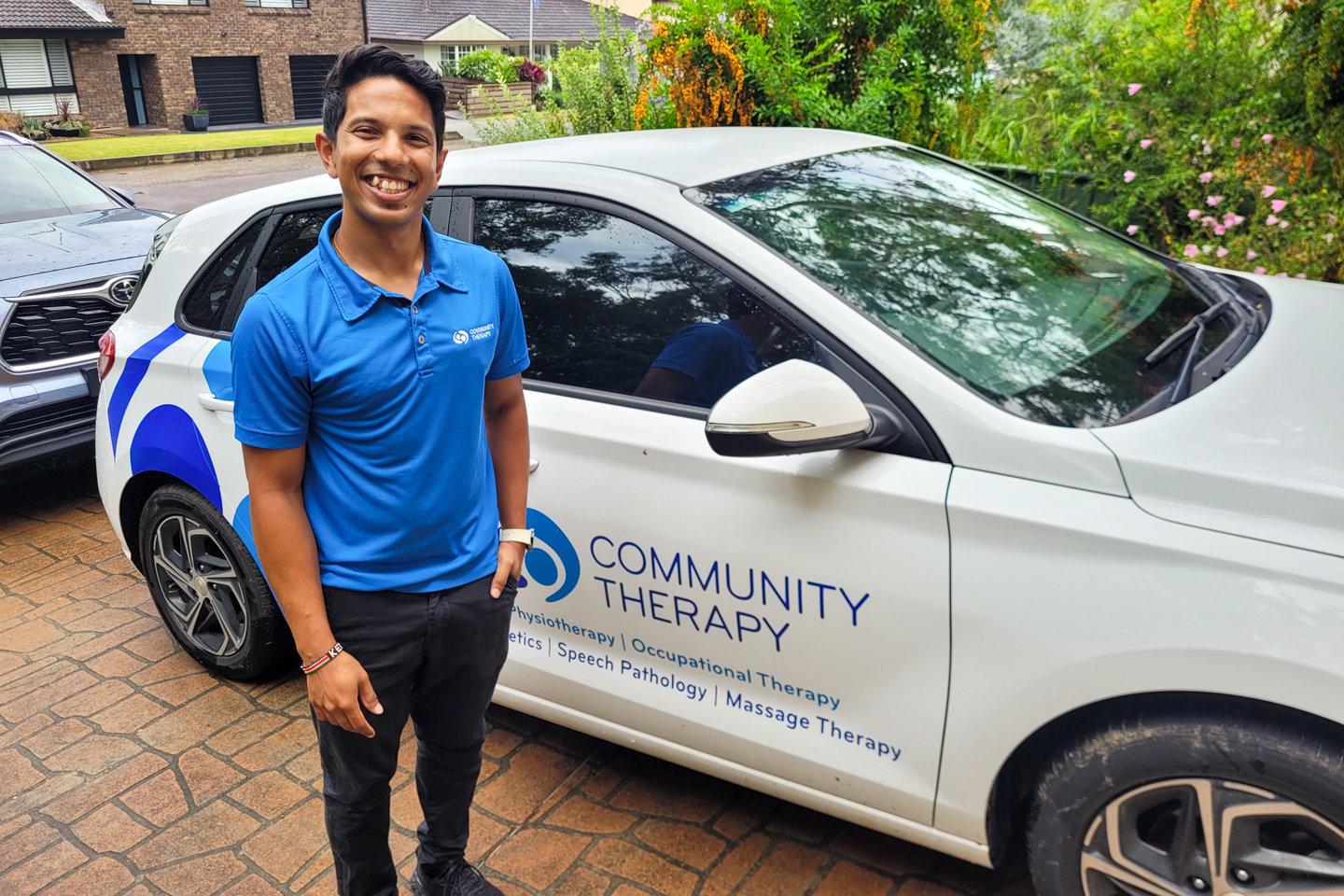
How We Help the NDIS SIL Community
Community Therapy’s Occupational Therapist’s assist NDIS participants apply for SIL funding in their NDIS plan by completing comprehensive assessments of the person’s functional capacity and their environmental and equipment needs.
Our Occupational Therapists are able to support NDIS participants living in individual, shared and specialist support living arrangements. Like always, the most important thing we determine is that we are a suitable provider for the participant to consider engaging with. We are suitable for adults (over 18 years old) living primarily with physical and/or neurological disabilities.
Community Therapy’s senior Occupational Therapist’s have experience in SIL, SDA and the requirements of the comprehensive assessments required by the NDIA to acquire approval for funding of these in a NDIS plan.
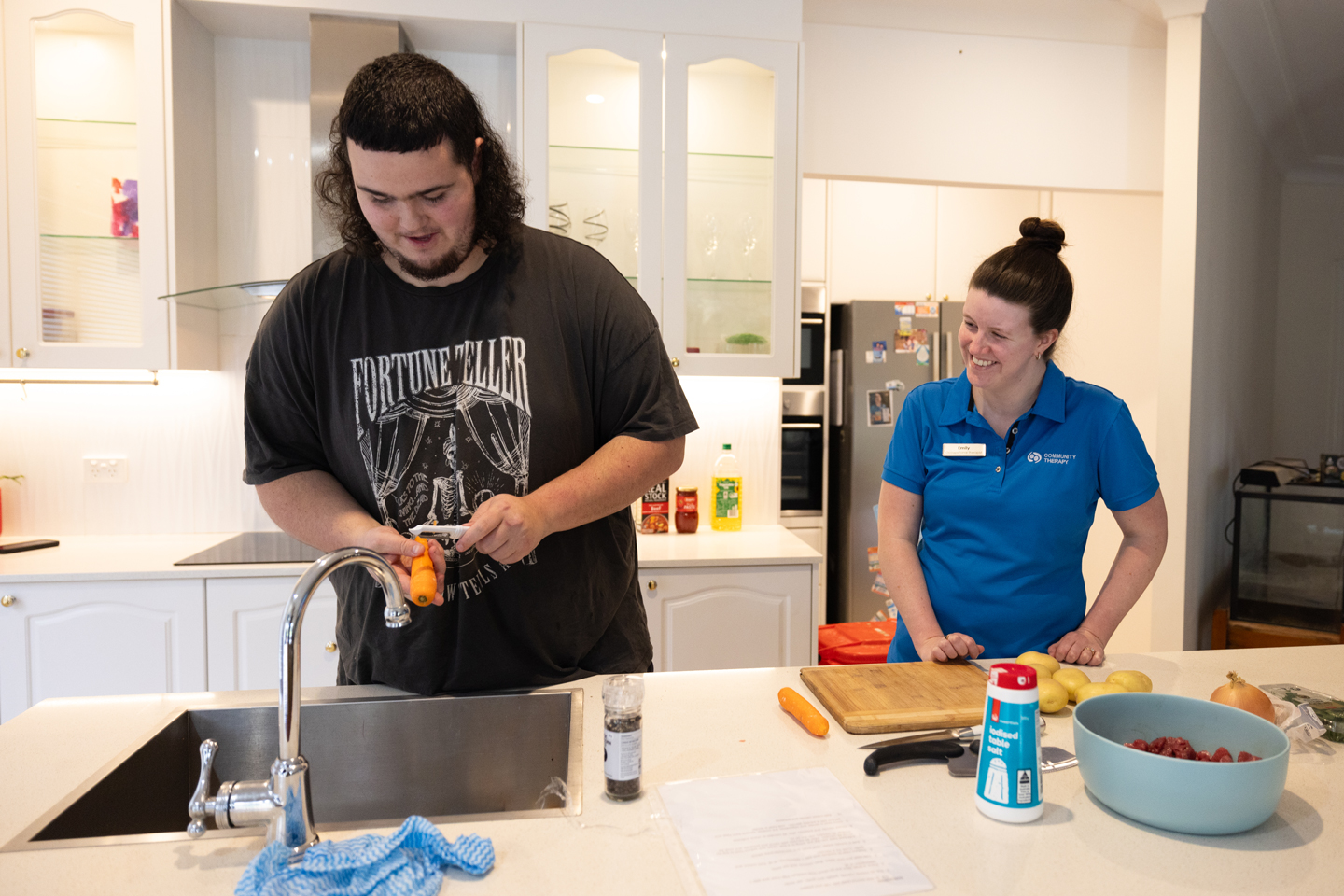
SIL Process with Community Therapy
Step 1 – Referral
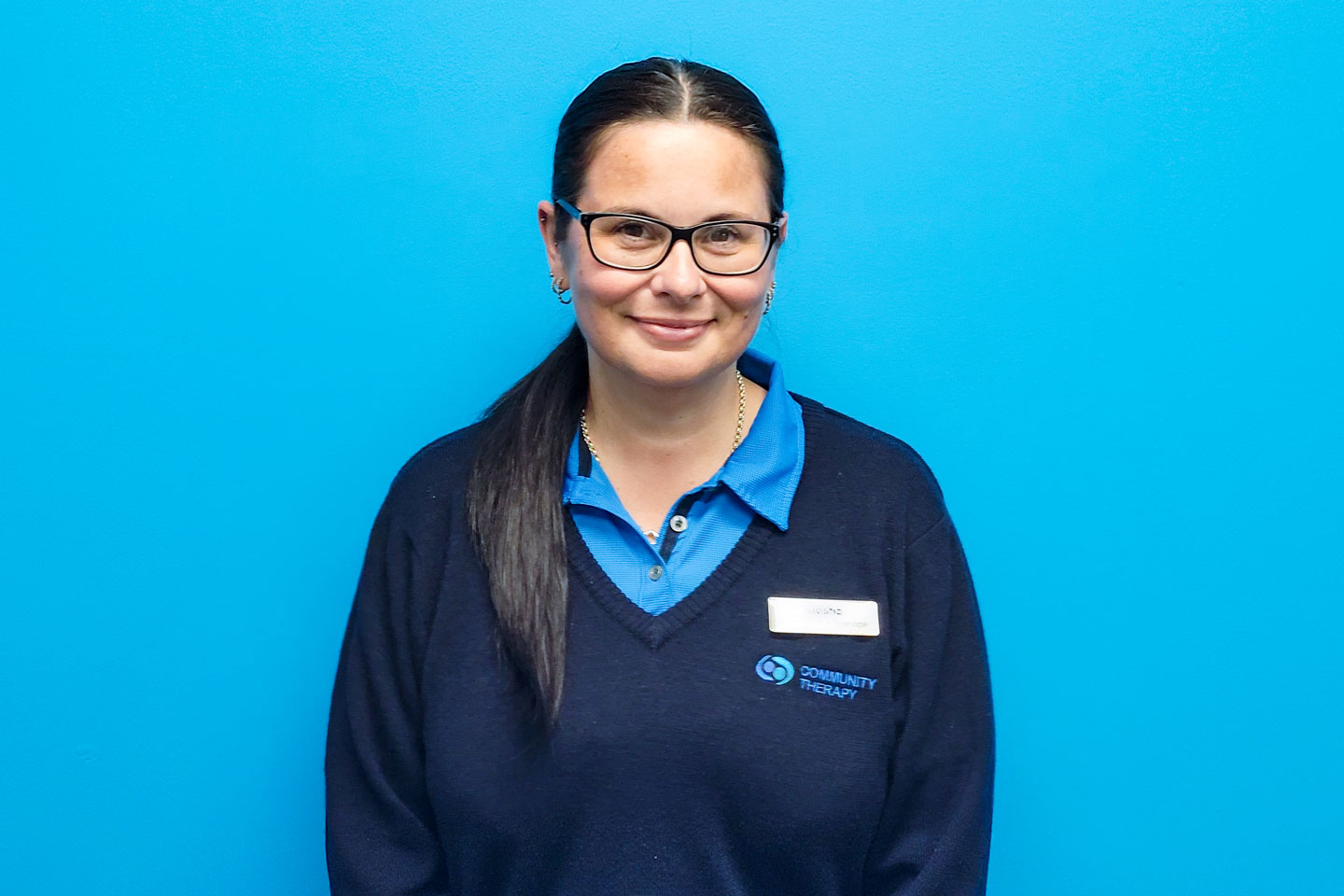
When we receive a referral we will first determine that we are a suitable provider for the participant to consider.
The participants need to be an adult (over 18 years old) living primarily with physical and/or neurological disabilities.
If the participant decides to engage our services we will take their information and allocate them to one of our wonderful Occupational Therapist’s who will then phone to organise a suitable day and time for their first appointment.
Step 2 – Assessment

At our first appointment, we will discuss with the NDIS participant and family or support people what they are looking to achieve.
We will then commence an assessment of how the participant is currently living and carrying our daily tasks as well as assess for environmental and equipment considerations.
We will discuss a plan to move forward with and complete a service agreement.
Step 3 – Services
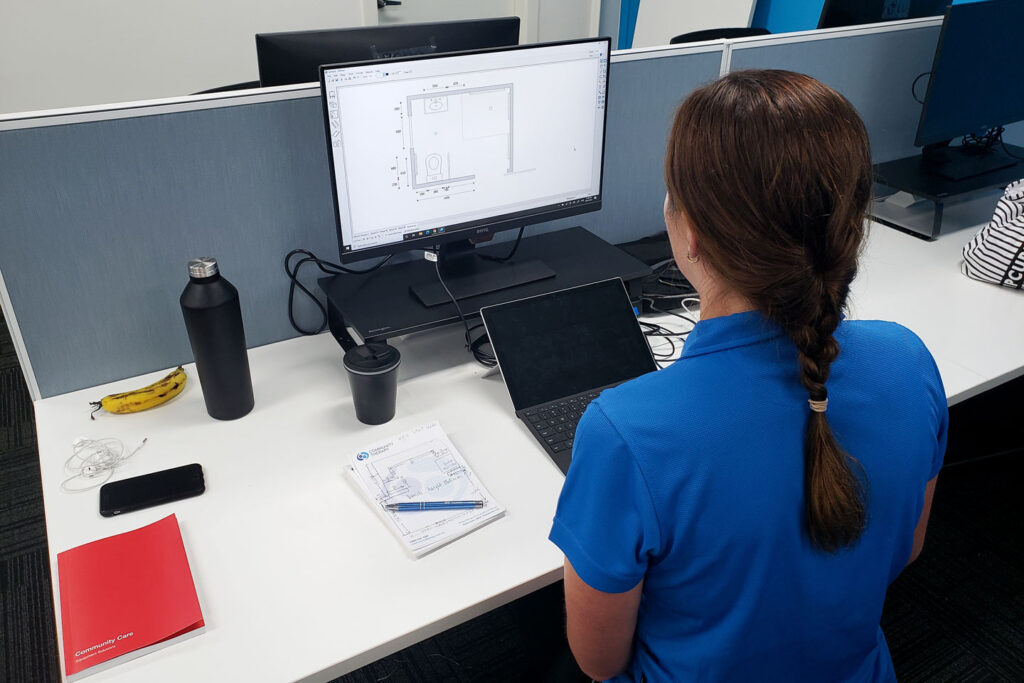
Our Occupational Therapist will complete the necessary assessments and reports required to achieve the goals agreed upon.
It is very rewarding for our Occupational Therapists to see a person move into a more suitable home and have the funding and support to help them live more independently the way they choose to.
Step 4 – Ongoing Support
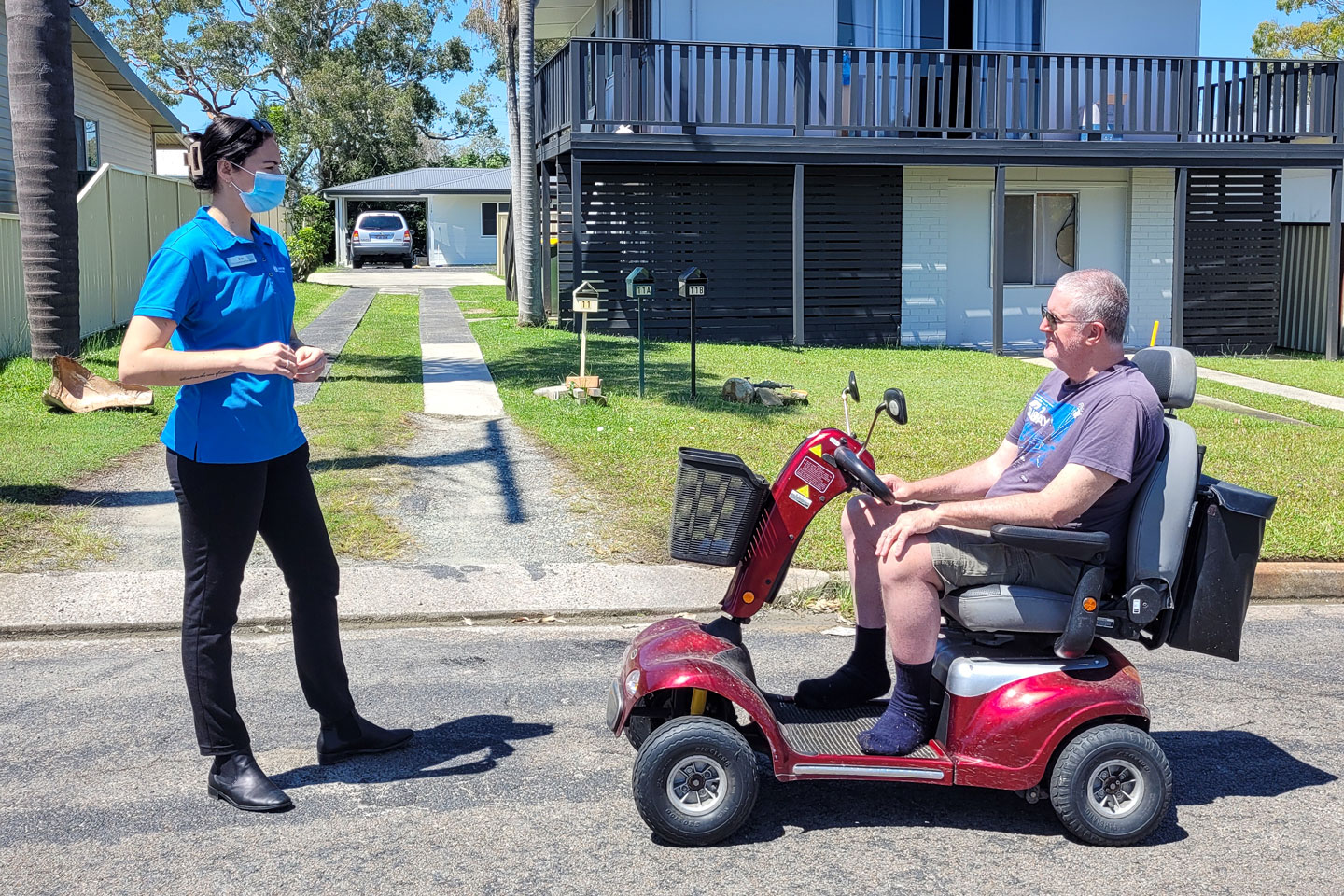
Our Occupational Therapist will keep the NDIS participant and family or support people up to date with the progress of assessments and reports.
Contact Community Therapy for SIL Support
We provide Occupational Therapy across Newcastle, the Hunter, Port Stephens and the Central Coast, NSW.
To contact Community Therapy, please navigate to our contact or referral pages. Or view our service locations here.
Our NDIS systems have been certified by:


Supported Independent Living FAQ
-
What is the difference between a SDA & SIL?
SDA is funding allocated to NDIS participants living with disabilities that have extreme functional impairments or very high support needs. SDA refers to the actual physical accommodation itself and an example of high physical support SDA housing would be a building with ceiling hoists, video/intercom systems, emergency power systems, wide door openings, laminated glass, sound proofing, high impact fittings and fixtures.
SIL refers to funding for supports that a NDIS participant has in their NDIS plan to live independently and this could be living in SDA housing.
-
Does Community Therapy help people obtain funding for SIL related services?
Yes, our Occupational Therapists help NDIS participants access funding for SIL as well as equipment, modifications and ongoing therapy to help them live more independently.
-
Are your staff capable with all health issues? For example, one person could have mental health, whereas another has mobility issues.
Our Occupational Therapists are best suited to support adults (over 18 years old) living primarily with physical and/or neurological disabilities. If a person is living with mental health or intellectual disabilities we have a discussion with the participant or their support person to ensure we are a suitable provider to consider.
This is because the range of functional impairment can be vast and if someone has very complex functional impairments and behaviours they may need an Occupational Therapist that specialises purely in caring for people living with mental health and/or intellectual disabilities.

